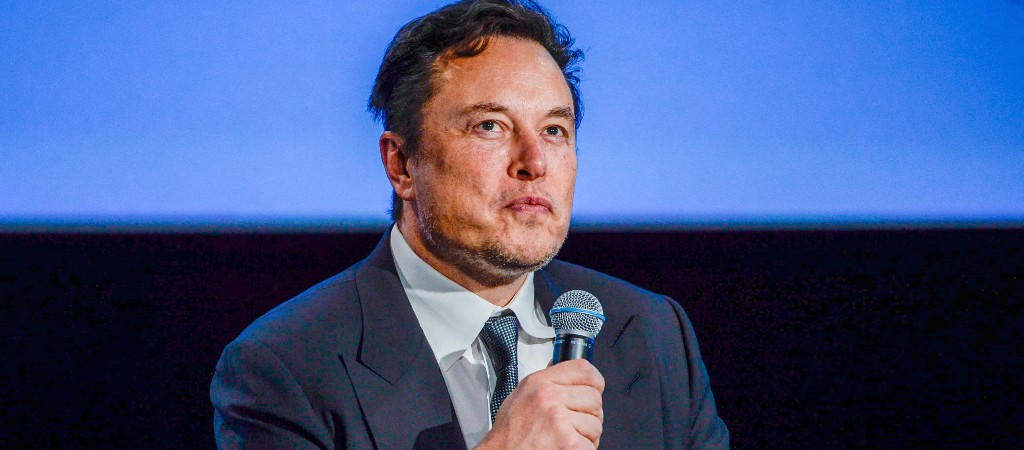By now you’ve no doubt seen at least a handful of viral videos of Tesla cars equipped with the company’s Full Self-Driving Capability (FSD) acting absolutely nuts on the road. Whether that’s people falling asleep at the wheel, stopping abruptly in traffic and causing an accident, driving the wrong way down a parking lot, or straight up killing people, it’s becoming increasingly clear that full self-driving cars are not our reality… yet. To his credit, Tesla CEO Elon Musk himself knows this, despite using terms like “Autopilot,” “Enhanced Autopilot,” and “Full Self-Driving Capability” the Tesla website states “Autopilot, Enhanced Autopilot, and Full Self-Driving Capability are intended for use with a fully attentive driver, who has their hands on the wheel and is prepared to take over at any moment… the currently enabled features do not make the vehicle autonomous.”
Which is all to say, “yeah, of course these cars can drive themselves, just don’t expect them to drive themselves.” Cool. The Autopilot feature comes standard with every Tesla with the Advanced Autopilot and Full Self-Driving Capability programs serving as more expensive add-ons. Unfortunately, the latter program, which is currently known as FSD Beta, has been hit with an official recall by the National Highway Traffic Safety Administration.
The recall is calling for 362,758 vehicles equipped with FSD BETA to be updated with an over-the-air software update to address issues that can cause the vehicles to “act unsafe around intersections, such such as traveling straight through an intersection while in a turn-only lane, entering a stop sign-controlled intersection without coming to a complete stop, or proceeding into an intersection during a steady yellow traffic signal without due caution.”
The NHTSA also notes that the system may “respond insufficiently to changes in posted speed limits or not adequately account for the driver’s adjustment of the vehicle’s speed to exceed posted speed limits.” Luckily for Tesla owners, this can all be fixed with a software update which will be completely free of charge.
The affected vehicles include the Tesla Model 3 (2017-2023), Tesla Model S (2016-2023), Tesla Model X (2016-2023), and the Tesla Model Y (2020-2023). Owner notification letters are set to be mailed out by April 15, 2023.
There is some debate on whether this massive headache for Tesla owners should be referred to as a recall. Elon Musk doesn’t seem to think so. In a Twitter exchange with Sam Korus, who we’d like to note is the director of Research Autonomous Technology & Robotics, Korus wrote that there should be new terminology to differentiate between recalls and software updates”
Seems like there should be terminology introduced to differentiate between recalls and software updates.
Because you know, one requires something to be recalled and the other doesn't.
— Sam Korus (@skorusARK) February 16, 2023
To which Musk agreed, writing, “the word ‘recall’ for an over-the-air software update is anachronistic and just flat wrong.”
Definitely. The word “recall” for an over-the-air software update is anachronistic and just flat wrong!
— Elon Musk (@elonmusk) February 16, 2023
The NHTSA defines a recall as when “a vehicle, equipment, car seat, or tire creates an unreasonable safety risk or fails to meet minimum safety standards.” So we’d say that fits the bill. Still, maybe “recall” isn’t the perfect term for something that can be fixed via a software update, but neither is “Full Self-Driving Capability” for a car that can’t drive itself fully, so…
The important thing is getting these cars updated ASAP! According to NPR, news of the recall resulted in a 2% drop in Tesla shares which is nothing compared to the 71% the stock has rallied in a year to date. Bottom line: This will hardly result in a considerable revenue loss for Tesla shareholders and will cost Tesla owners nothing.

